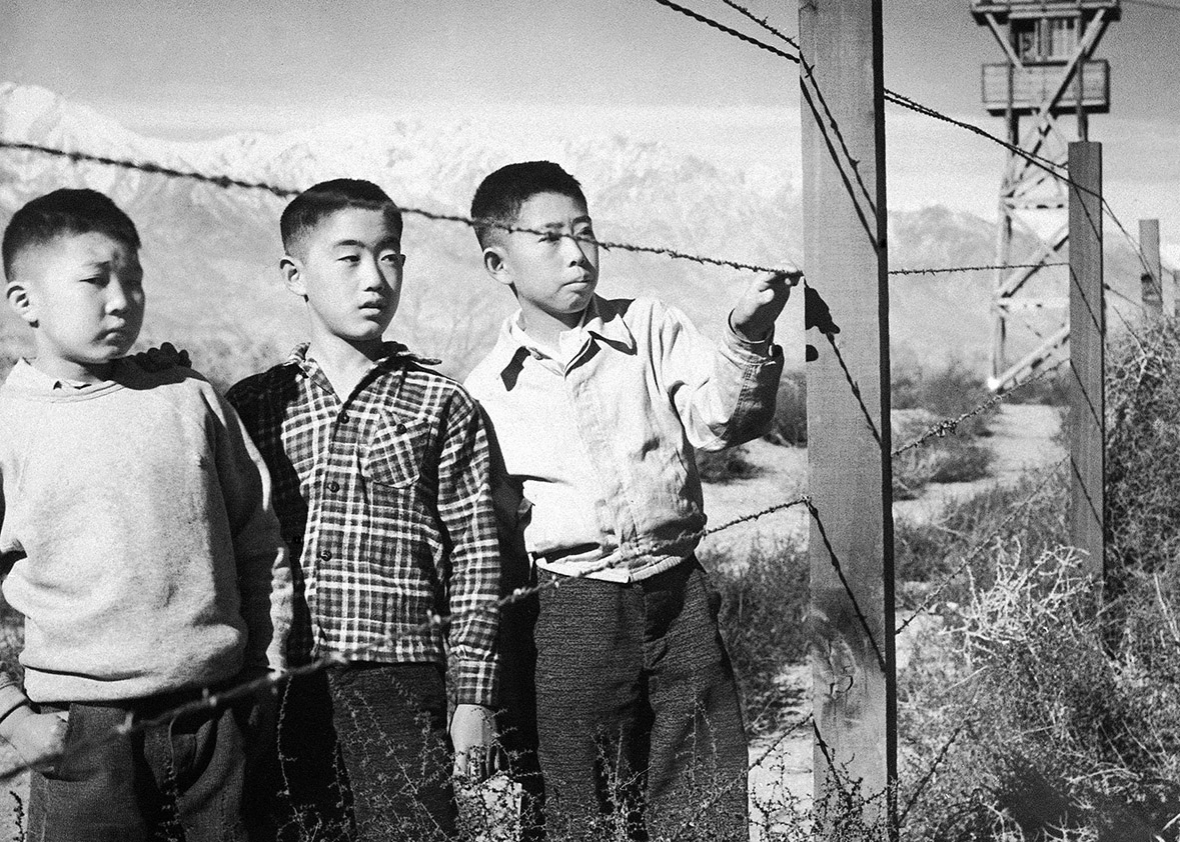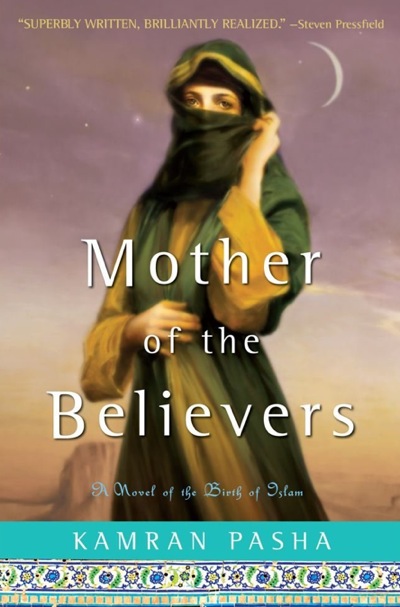Donald J. Trump has made several statements during his campaign that have given rise to concerns about civil rights in America, particularly for minority groups such as Muslim Americans.
This article is a starting point to address the constitutionality of Mr. Trump’s proposed policies regarding Muslims.
Much of this discussion is theoretical. The policies espoused by Mr. Trump have no precedent in the past sixty to seventy years, if not longer. In law school, we never discussed or debated these types of policies, because no one believed that such laws would be passed in our modern era.
MUSLIM BAN
Q: Can President Trump ban Muslims from entering the United States? Does it matter if they are citizens, permanent residents, green card holders, immigrants, or visitors?
A: Mr. Trump has made a number of conflicting statements about barring Muslims from the United States. Initially, Mr. Trump appeared to propose a complete (but temporary) ban of all Muslims from entering the United States. This ban was never clearly described, but could have been interpreted as including Muslim citizens, lawful permanent residents, immigrants and visitors alike. (Incidentally, Mr. Trump’s own running mate, Governor Mike Pence, decried the ban, calling it “offensive and unconstitutional.”)
Mr. Trump’s controversial statement advocating such a ban was removed from his campaign website on November 9, 2016. Currently, Mr. Trump’s website states that he will temporarily suspend immigration from regions that “have a history of exporting terrorism.” This is a much narrower ban, and appears to apply only to new immigrants.
A Muslim ban that included U.S. citizens would likely be found unconstitutional under the First and Fourteenth Amendments, which protect free exercise of religion and require that all citizens are entitled to equal protection of the laws, respectively.
For Muslims non-citizens, the law is less clear because they do not have all of the same constitutional rights as citizens. Furthermore, the U.S. Government has what is known as “plenary power”, or complete and total authority, to make decisions regarding immigration and entry into the United States.
The U.S. did ban all Chinese people from immigrating to the U.S. from 1882-1943, despite the fact that racial minorities, like religious groups, are entitled to “equal protection of the law” under the Fourteenth Amendment. These “Chinese Exclusion Laws” are often viewed as a dark time in American history, and were condemned by Congress in 2011-2012. Unfortunately, these laws were ruled to be constitutional in 1889 by the United States Supreme Court, and were not repealed until 1943. I believe these laws would be rejected today, but there is no legal precedent declaring such laws unconstitutional.
In summary, Muslims who are U.S. citizens would likely be exempt from any Muslim ban, temporary or otherwise. Non-citizens could be banned based on Congress’s “plenary authority” to regulate immigration, but if such a ban were explicitly based on religion, it might give rise to a constitutional challenge that could deal the Trump administration a resounding defeat.
An excellent argument that a Muslim ban would not be legal, written for lawyers, can be found here.
MUSLIM REGISTRY
Q: Can Muslims be forced to register with the government?
Mr. Trump and his surrogates have made several inconsistent statements about whether they would implement a “database” to register Muslims. Initially, Mr. Trump seemed to support a registry of all Muslims, and this week, a surrogate named Carl Higbie argued that such a registry was Constitutional under the cases that legalized Japanese internment during World War II.
Sadly, Mr. Higbie is not entirely wrong. Korematsu has never been overruled, although even conservative Supreme Court Justices, such as the late Antonin Scalia, considered the decision a disgrace on par with the ruling that slavery was legal.
Following September 11, many Muslim immigrants were forced to register due to immigrating from, or traveling to, 25 specific countries, 24 of which were Muslim-majority. This program was ended in 2011, but could probably be lawfully reinstated. However, the program was deeply unpopular, and if reinstated, could give rise to civil rights lawsuits or affect the 2018 mid-term elections, which the Trump Administration may wish to avoid.
MOSQUE SHUT-DOWN
Q: Can the places of religious worship, such as mosques, be shut down by the government?
A: Mr. Trump advocated “shutting down” mosques in 2015, which even Rep. Peter King believes is unconstitutional. The right to free exercise of religion is protected by the First Amendment, and shutting down mosques because they are Muslim places of worship would violate the First Amendment.
NIQAB / HIJAB BANS
Q: Can attire favored by certain Muslims, such as modest dress, the hijab, the niqab, or other religious attire be banned?
A: Unfortunately, the answer to this question is, it’s complicated. The law is still evolving on this issue. The United States Supreme Court interpreted Title VII of the Civil Rights Act of 1964 to require employers to accommodate Muslim employees’ religion and permit them to wear a headscarf, even if it violates a neutral dress code.
However, Muslim women have been required to remove headscarves and other religious garb for a variety of reasons, including in driver’s license photos, in court, or when visiting incarcerated relatives.
Recently, Georgia State Representative Jason Spencer proposed a bill to ban veiling for women drivers and in drivers’ license photographs. Under public pressure, Rep. Spencer withdrew the bill, stating that he believed it would withstand legal, but not political, scrutiny. This is heartening, because it shows that even in the current political climate, elected officials will change course based on public outcry.
INTERNMENT CAMPS
Q: Could the United States government place Muslims in internment camps?
A: As discussed briefly above, the Supreme Court has never overturned the court cases which held that it was legal to intern Japanese-Americans, including citizens, during World War II. However, Korematsu is deeply disfavored, so much so that President Ronald Reagan passed a bill through Congress that paid reparations to Japanese-Americans who were interned, and included a formal apology.
In 2012, a lawsuit was filed that could have led to Korematsu being overruled. The lawsuit, Hedges v. Obama, sought to overturn a provision in the National Defense Authorization Act that permitted the U.S. Government to indefinitely detain people associated with Al Qaeda, the Taliban, or associated forces. Unfortunately, the Supreme Court declined to hear the case, and so Korematsu, and the NDAA remain in place.
Interning citizens (and even non-citizens) based on religion is so inimical to the values of this country that it is hard to imagine that a modern court would approve such an internment, or that a modern polity would tolerate it.
Maureen Pettibone Ryan practices general civil litigation in San Jose, California. She focuses on business litigation, employment and civil rights, representing sexual abuse victims, and education law. She attended the United States Air Force Academy and Santa Clara University for undergrad, and obtained her law degree from the University of Michigan Law School.
Image Credit.






I am a Unitarian. Will I have to register?
You have conflated “moslem refugee” status with moslem immigration. While the USA may give refuge to refugees for political asylum AT ITS DISCRETION,, we can ban ANYONE seen as a threat to our country, particularly those trying to “seek refuge” from terrorist-sponsored moslem countries. Look at Europe…so many “refugees” were able-bodied male adults who passed themselves off as children. There is no protection or constitutional right for those that are non-citizens of the USA. A constitutional challenge is therefore non-existent, so sadly, for moslems, there would be no “resounding defeat.”
In terms of shutting down mosques…if the USA determines that certain mosques espouse terrorism and threats to the USA, they CAN be shut down. Moslems use their religion as a political movement, and that is illegal in the USA. Mosques, tax exempt under the IRS code, are forbidden to speak about ANY and ALL political predilections in the mosque.
Religious dress such as hijabs will be more closely scrutinized as more and more islam-inspired terrorist attacks occur in the USA. Free exercise of religion also includes freedom from religion. Many of us in the West don’t want someone’s religion thrown in our faces. Religion is a personal issue and not something to flaunt with an air of superiority in a false-modest garment such as a hijab. Trust me, there will be less outcry to hijab bans in the new administration.
My… Susette…you speak with such confidence. One would be forgiven for thinking you know what you’re talking about. If there was no outcry it would only be because your country has fallen to fascism and its citizens along with it.